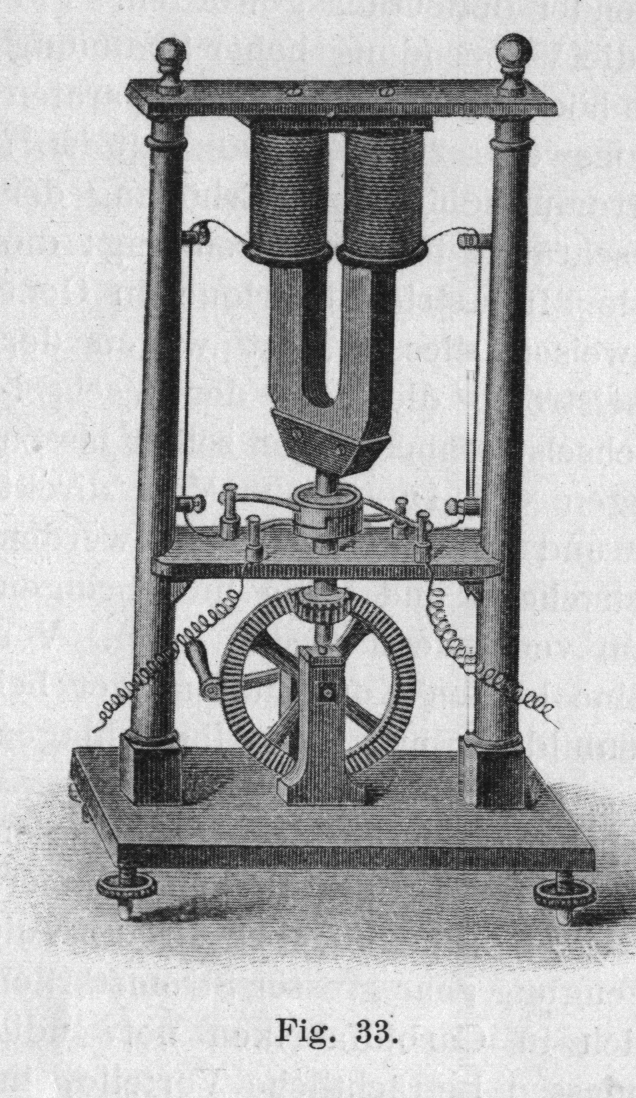CIA 2010 covert communication websites 2013 DNS Census virtual host cleanup heuristic keyword searches Updated 2025-07-16
There are two keywords that are killers: "news" and "world" and their translations or closely related words. Everything else is hard. So a good start is:
grep -e news -e noticias -e nouvelles -e world -e globaliran + football:
- iranfootballsource.com: the third hit for this area after the two given by Reuters! Epic.
3 easy hits with "noticias" (news in Portuguese or Spanish"), uncovering two brand new ip ranges:
- 66.45.179.205 noticiasporjanua.com
- 66.237.236.247 comunidaddenoticias.com
- 204.176.38.143 noticiassofisticadas.com
Let's see some French "nouvelles/actualites" for those tumultuous Maghrebis:
- 216.97.231.56 nouvelles-d-aujourdhuis.com
news + global:
- 204.176.39.115 globalprovincesnews.com
- 212.209.74.105 globalbaseballnews.com
- 212.209.79.40: hydradraco.com
OK, I've decided to do a complete Wayback Machine CDX scanning of
news... Searching for .JAR or https.*cgi-bin.*\.cgi are killers, particularly the .jar hits, here's what came out:- 62.22.60.49 telecom-headlines.com
- 62.22.61.206 worldnewsnetworking.com
- 64.16.204.55 holein1news.com
- 66.104.169.184 bcenews.com
- 69.84.156.90 stickshiftnews.com
- 74.116.72.236 techtopnews.com
- 74.254.12.168 non-stop-news.net
- 193.203.49.212 inews-today.com
- 199.85.212.118 just-kidding-news.com
- 207.210.250.132 aeronet-news.com
- 212.4.18.129 sightseeingnews.com
- 212.209.90.84 thenewseditor.com
- 216.105.98.152 modernarabicnews.com
"headline": only 140 matches in 2013-dns-census-a-novirt.csv and 3 hits out of 269 hits. Full inspection without CDX led to no new hits.
Electronic design automation phase Updated 2025-07-16
Labour law Updated 2025-07-16
Terrorist attack Updated 2025-07-16
Test data 16 Updated 2025-07-16
Test data 6 Updated 2025-07-16
Text-based game Updated 2025-07-16
Although Ciro Santilli is a big fan of plaintext files and of Vim, not so for games. Games must be easy to understand since they are just a toy.
Tilesets to the rescue!
CIA 2010 covert communication websites activegameinfo.com Updated 2025-07-16
whoisxmlapi WHOIS history March 22, 2011:
- Registrar Name: NETWORK SOLUTIONS, LLC.
- Created Date: January 26, 2010 00:00:00 UTC
- Updated Date: November 27, 2010 00:00:00 UTC
- Expires Date: January 26, 2012 00:00:00 UTC
- Registrant Name: Corral, Elizabeth|ATTN ACTIVEGAMINGINFO.COM|care of Network Solutions
- Registrant Street: PO Box 459
- Registrant City: PA
- Registrant State/Province: US
- Registrant Postal Code: 18222
- Registrant Country: UNITED STATES
- Administrative Name: Corral, Elizabeth|ATTN ACTIVEGAMINGINFO.COM|care of Network Solutions
- Administrative Street: PO Box 459
- Administrative City: Drums
- Administrative State/Province: PA
- Administrative Postal Code: 18222
- Administrative Country: UNITED STATES
- Administrative Email: xc2mv7ur8cw@networksolutionsprivateregistration.com
- Administrative Phone: 5707088780
- Name servers: NS23.DOMAINCONTROL.COM|NS24.DOMAINCONTROL.COM
Superconducting qubits are bad because of fabrication variation Updated 2025-07-16
However superconducting qubits have a limit on how precise their parameters can be set based on how well we can fabricate devices. This may require per-device characterisation.
Ciro Santilli's Chinese name Updated 2025-07-16
ELF Hello World Tutorial
SHN_ABS Updated 2025-07-16hello_world_len points to the special st_shndx == SHN_ABS == 0xF1FF.0xF1FF is chosen so as to not conflict with other sections.st_value == 0xD == 13 which is the value we have stored there on the assembly: the length of the string Hello World!.This is small optimization that our assembler does for us and which has ELF support.
Hippolyte Pixiis alternator Updated 2025-07-16
MongoDB Updated 2025-07-16
List databases:
echo 'show dbs' | mongoShow all data from one of the collections: stackoverflow.com/questions/24985684/mongodb-show-all-contents-from-all-collections
echo 'db.collectionName.find()' | mongo mydb Schoof's algorithm Updated 2025-07-16
Alphabet Updated 2025-07-16
C. elegans body system Updated 2025-07-16
Celestial AI Updated 2025-09-09
Larmor precession Updated 2025-07-16
The best cycling map app Updated 2025-07-16
- Google Maps download offline maps. This works very reliably, you can select the area you want to download. The only downside is that Google maps can't reliably show a route offline, and it does not contain national cycle route routes. Or those features are impossible for a software engineer to get working after trying for about 2 hours.
- OpenStreetMap on browser with cycling layer: www.openstreetmap.org/#map=5/49.582/1.934&layers=C This is the best visualization of cycling routes I've found so far, contains both National Cycle Network and National Byway and a few others, and they are shown extremely clearly. But as a website it doesn't reliably work offline
- the OsmAnd app for Android is the best offline free-ish OpenStreetMap viewer I've found so far. You only have to pay after reaching 5 region downloads, and it is very cheap if you want to do so. The cycle route view is not amazing, the routes are not so clearly marked and mixed with very similarly colored big roads, but with a bit of effort you can make them out. No routing though
- I've heard Komoot can keep a predefined route (possibly auto planed) reliably offline, but haven't used it myself. I was not able to see National Cycle Route clearly marked anywhere on it
CIA 2010 covert communication websites Are there .org hits? Updated 2025-07-16
Previously it was unclear if there were any .org hits, until we found the first one with clear comms: web.archive.org/web/20110624203548/http://awfaoi.org/hand.jar
Later on, two more clear ones were found with expired domain trackers:further settling their existence. Later on newimages.org also came to light.
Others that had been previously found in IP ranges but without clear comms:
.org is very rare, and has been excluded from some of our search heuristics. That was a shame, but likely not much was missed.
Unlisted articles are being shown, click here to show only listed articles.
